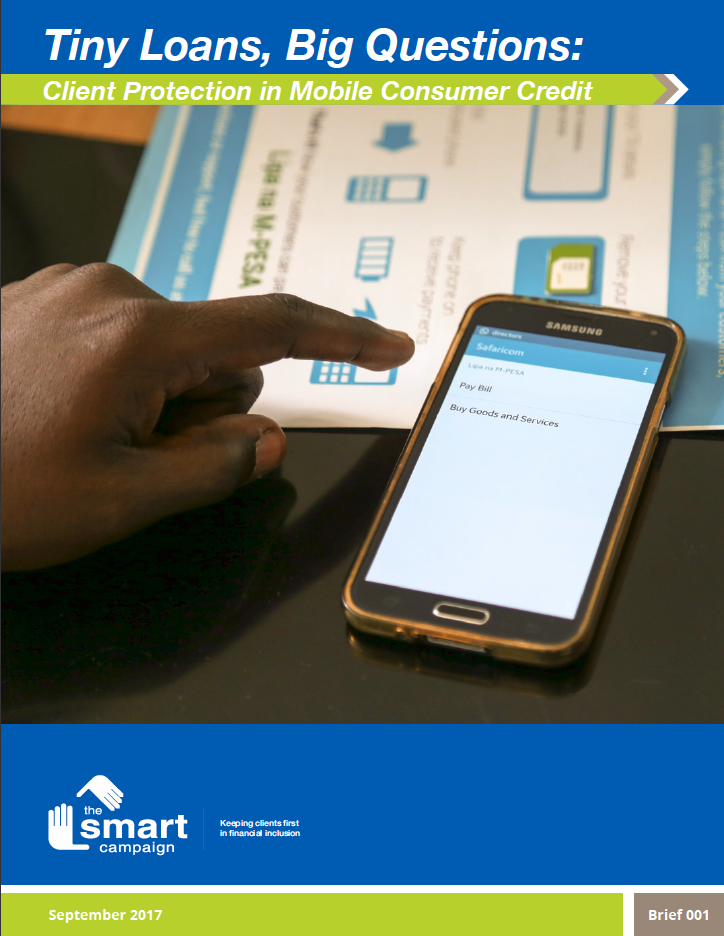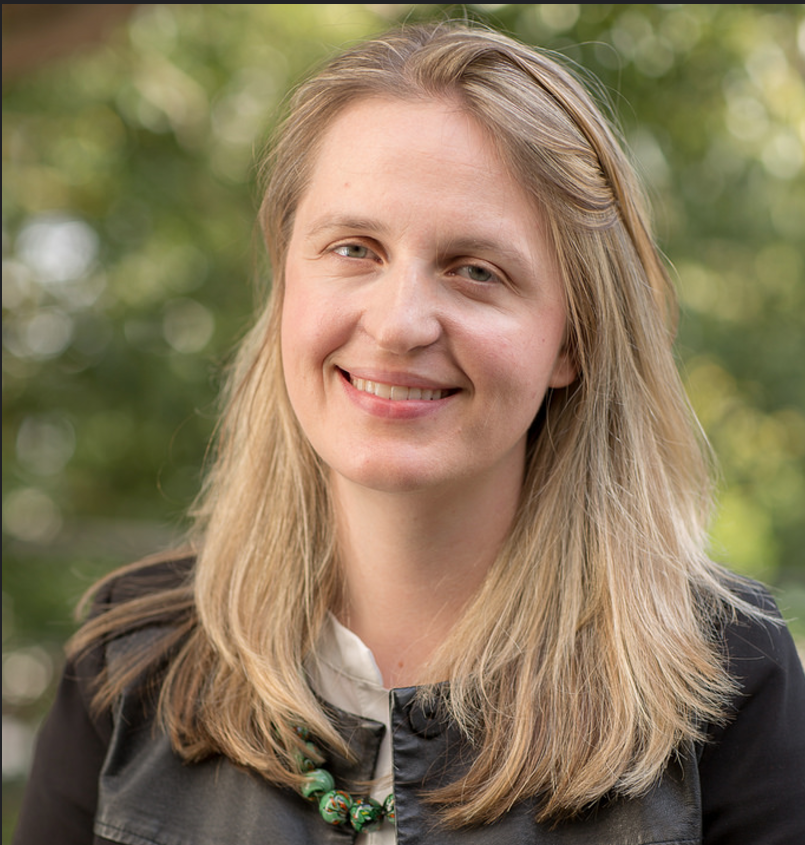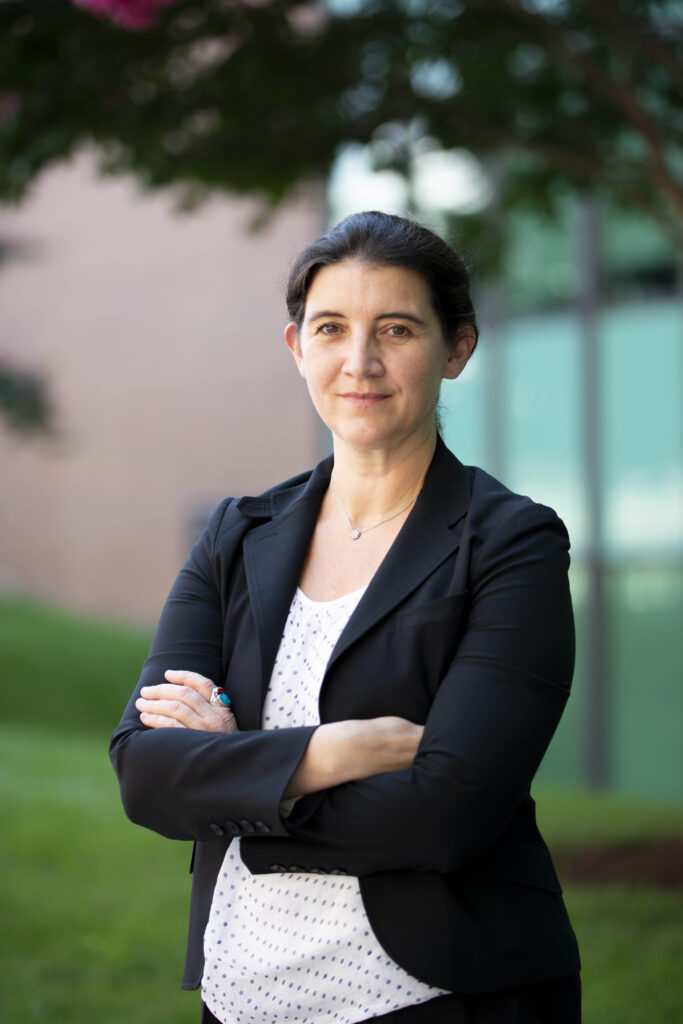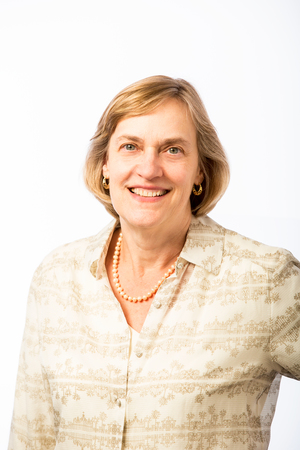
Program
Very small instant consumer loans have ballooned from 11 deployments in 2011, to 52 in 2016, with a particular concentration in East Africa. In just a few years, through models such as M-Shwari, M-Pawa, Tala and Airtel Money, tens of millions of people have borrowed tiny amounts over their phones. These services represent an enormous increase in formal financial inclusion. They address a fundamental consumer need previously unavailable to lower income people from the formal financial system: the need for very short term money management tools to cope with income and expense volatility. While they are in many ways a boon, they also contain, and in some cases heighten, risks for their users.
This report enumerates and discusses emerging consumer risks posed by these products, using the Client Protection Principles as an organizing framework. We hope this lens will assist the mobile financial sector to articulate and build a consensus about responsible practices in mobile finance.












